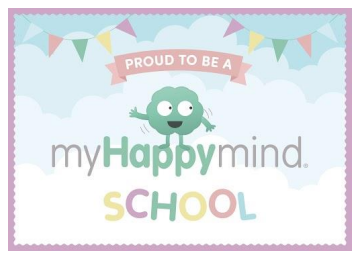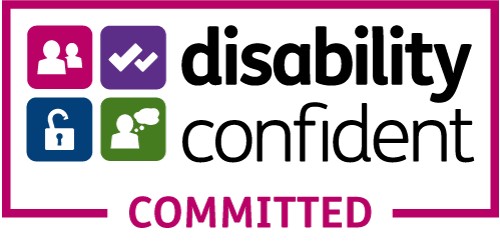Online Safety
The amount of time children spend on the internet is increasing and, as adults, this can be worrying. Although access to the internet can be beneficial to children, it can also mean that they are potentially exposed to harmful content or their time spent online may become detrimental to their mental health and wellbeing.
As you would protect your child in the real world, you will want to make sure that they are safe whatever they are doing. Like learning to cross the road, online skills are for life. If your child understands the risks and can make sensible and informed choices online, they can get the most from the internet and stay safe whilst doing so.
Keeping Safe Online
- Be curious - Talk to your child about their internet use and take an interest. Your involvement is the best way of keeping them safe.
- Pass on safety advice, look at safety guidance together, talk about it.
- Be positive. The internet is a fantastic resource for learning, entertainment and communication if used appropriately but, just like in the real world, you need to take a few precautions and be aware of the dangers.
- Let your child know they can come to you if something they don’t like happens online.
- Try not to overreact. This could make them be secretive about their use of the internet and close down communication between you.
- Remember that all the safety advice here applies to going online with a mobile phone.
- If you decide to use a filter or monitor information from the internet, talk this over with your child. Any rules you agree together will be more effective.
The follwoing websites hold a wealth of information about online safety and what to do if you are worried,
Childnet (Children and young people's page)
Childline (Children and adults online safety information with further links)
Test your knowledge of internet safety with the NSPCC's quiz, found here
Childnet (Parent/care page)
NSPCC (Main page to access information for parents and children)
The NSPCC provide information on how to set up parental controls which can be found here.
To get information about the dangers of commonly used social platforms such as SnapChat, Whatsapp, TikTok, click here. You will also find information on age restrictions and how to make the most of the parental controls within the platforms.
To get information about the dangers of commonly used gaming platforms such as Roblox and Minecraft, click here. You will also find information on age restrictions and how to make the most of the parental controls within the platforms.
What to do if you have a worry regarding online safety.
Always talk to a trusted adult. This could be a parent, relative, Teaching Assistant or Teacher.
Talk to a member of the Safeguarding Team in school.
If you have any concerns about grooming, sexual abuse or exploitation on any online app or site, report to CEOP (the National Crime Agency's Child Exploitation and Online Protection Command) here
Report Remove is here to help young people under 18 in the UK to confidentially report sexual images and videos of themselves and remove them from the internet.
Online Wellbeing
Online content is designed to be engaging but sometimes this can become too much and can impact on you and your child's wellbeing.
Increasingly, families are noticing that excessive time on phones and devices is having a detrimental effect on their wellbeing, routines and relationships. As adults we need to act as role models and may need to reflect on the amount of time we spend on phones and devices when supporting our children to do so.
If you notice this happening in your family, there is information here that can support you with bringing back a balance.




